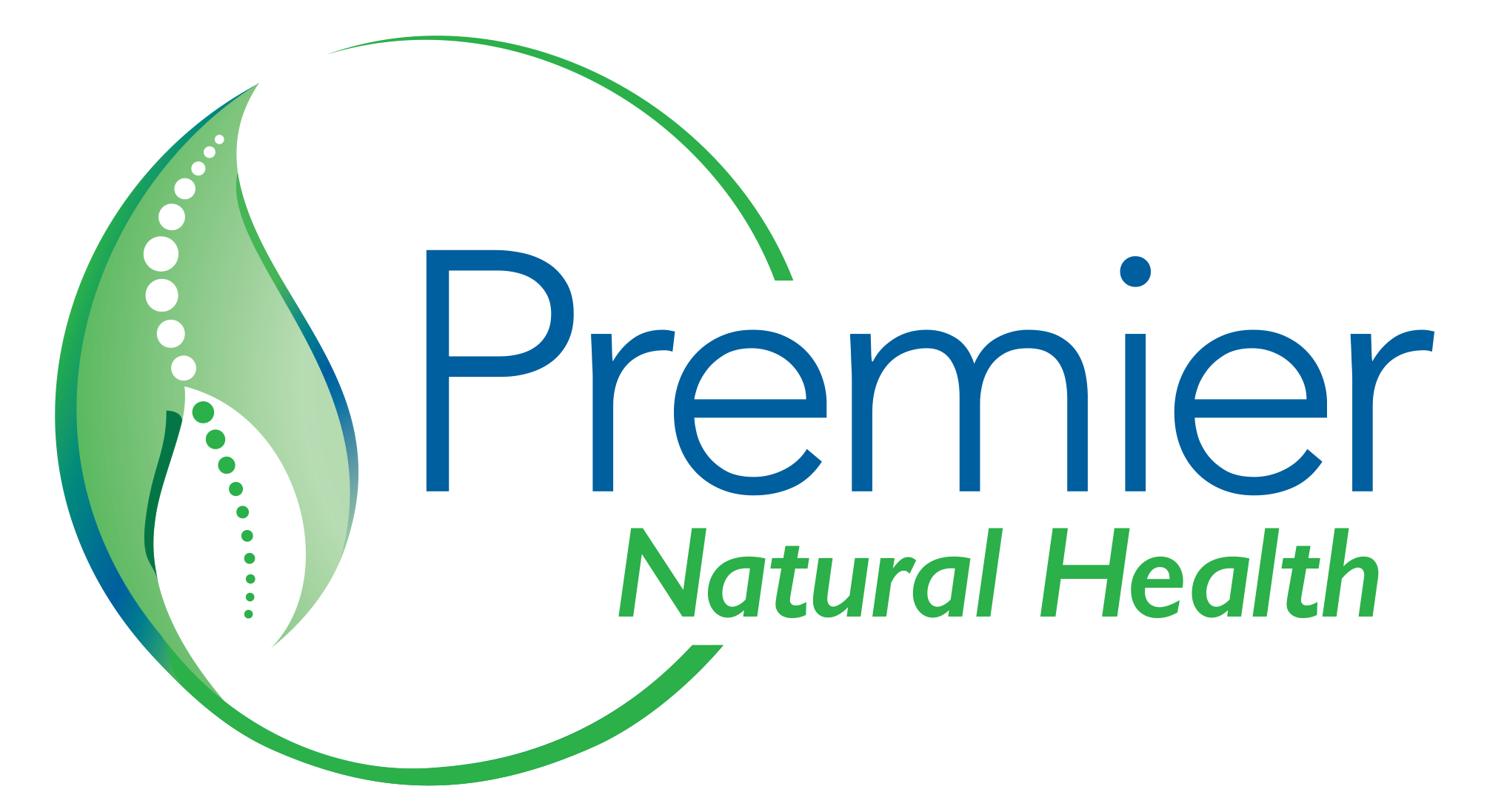What's the difference between Vitamin K and Potassium?
Potassium is a mineral on the periodic table represented by the letter K, and an electrolyte. Your body needs electrolytes to conduct electricity. Potassium also functions along with sodium to help your body maintain water balance. Raising your potassium intake may help reduce your risk for high blood pressure because you will excrete more sodium as your potassium increases. Potassium may also decrease your risk for stroke, increase bone density and reduce your risk for kidney stones.
Vitamin K, on the other hand, is a nutrient your body stores in fatty tissue and the liver. Its primary function in your body is to maintain blood coagulation. By activating certain proteins in your blood, vitamin K helps blood clot more easily. Growing research also indicates vitamin K may increase bone density and help prevent osteoporosis, especially in postmenopausal women.
Potassium is found in fruits and veggies such as: bananas, potatoes, plums, and raisins. Where as Vitamin K can be found in leafy green vegetables such as kale, Swiss Chard and Broccoli.
Massaged Kale Salad
1 bundle of Organic Kale (red or green)
1/2 lemon
Organic Balsamic Vinegar
Organic Olive Oil (can replace with your favorite organic oil such as coconut, avocado etc.)
Clean and roughly chop kale, place in a large mixing bowl. Add a small amount of olive oil and massage the kale by hand for 3 minutes. Add 1 turn of balsamic vinegar, massage for 1 minute. Add salt and pepper to taste. The more you massage the kale, the better it will taste.
Enjoy!
